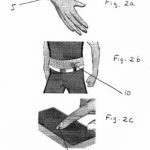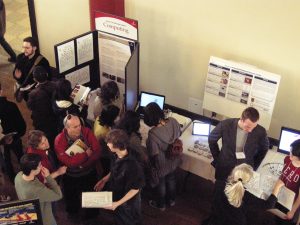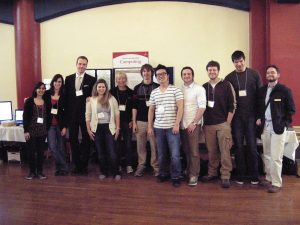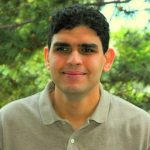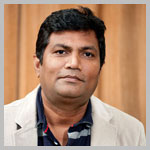The School of Computing’s Selim Akl has recently been much in the news as he posits the similarities between the design of the Canadian Highway Network and the behaviour of slime mold. Dr. Akl was featured in The National Post, Science Daily.com, Physorg.com, Scientific Canadian, PBS, the Queen’s News Centre, the Kingston Whig Standard and CKWS TV. Follow the links below to get the whole story.
PBS
Queen’s News Centre
The Kingston Whig Standard
October 22, 2012
This story just continues to gather steam. Popular Science has published an article in their November, 2012 edition on this fascinating topic. Read it below.

